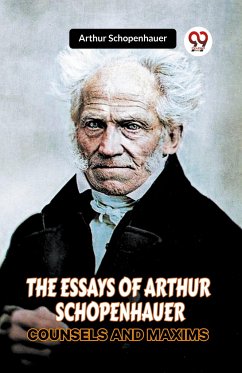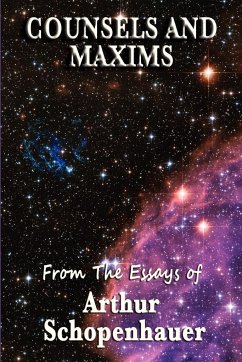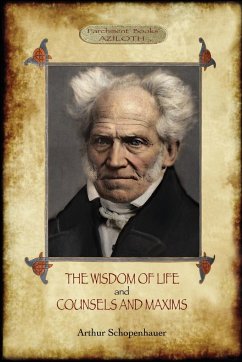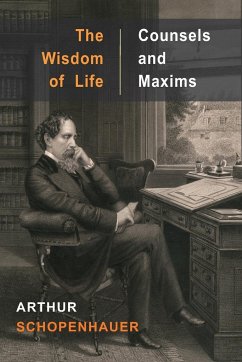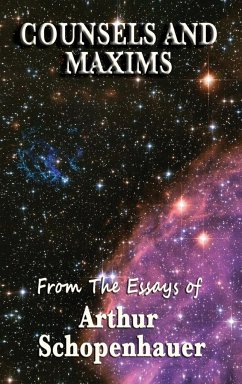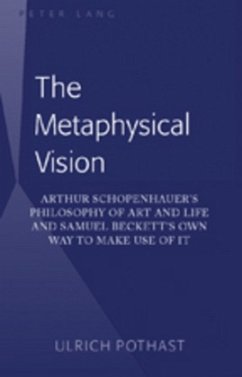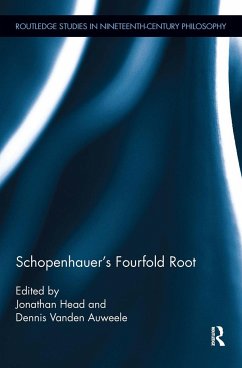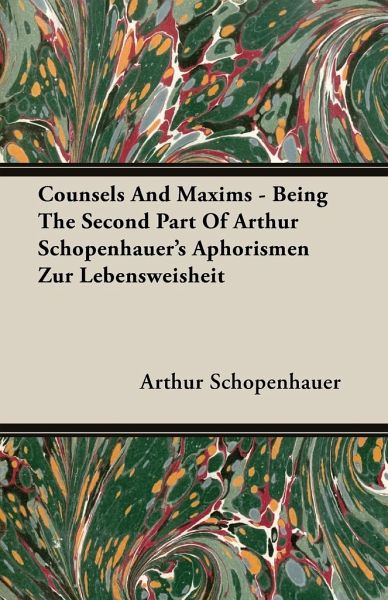
Counsels and Maxims - Being the Second Part of Arthur Schopenhauer's Aphorismen Zur Lebensweisheit
Versandkostenfrei!
Versandfertig in 1-2 Wochen
25,99 €
inkl. MwSt.

PAYBACK Punkte
13 °P sammeln!
This antiquarian book contains the second part of Arthur Schopenhauer's "Aphorismen Zur Lebensweisheit". This vintage text has been elected for modern republication due to its historical and educational value, and is highly recommended for students of philosophy and collectors of Schopenhauer's seminal work. Arthur Schopenhauer (1788 - 1860) was a German philosopher most famous for his 1818 treatise, "The World as Will and Representation". Hailed as one of the most important nineteenth century philosophers, Schopenhauer influenced many great thinkers, including Friedrich Nietzsche, Ludwig Witt...
This antiquarian book contains the second part of Arthur Schopenhauer's "Aphorismen Zur Lebensweisheit". This vintage text has been elected for modern republication due to its historical and educational value, and is highly recommended for students of philosophy and collectors of Schopenhauer's seminal work. Arthur Schopenhauer (1788 - 1860) was a German philosopher most famous for his 1818 treatise, "The World as Will and Representation". Hailed as one of the most important nineteenth century philosophers, Schopenhauer influenced many great thinkers, including Friedrich Nietzsche, Ludwig Wittgenstein, Richard Wagner, Erwin Schrödinger, Albert Einstein, Sigmund Freud, and many others. Many vintage texts such as this are increasingly hard to come by and expensive, and it is with this in mind that we are republishing this volume now in an affordable, modern, high-quality edition. It comes complete with a specially commissioned new biography of the author.



